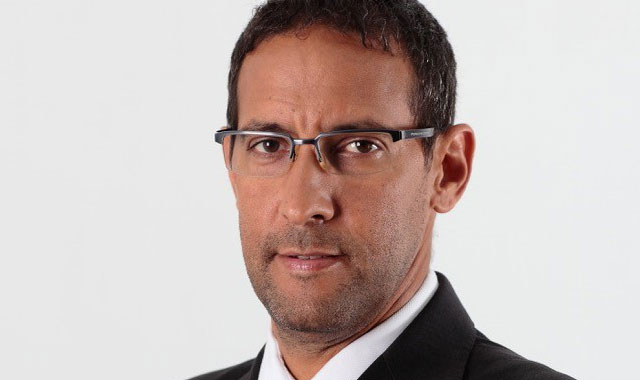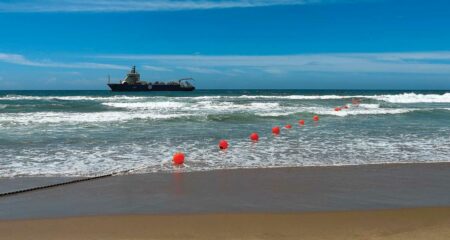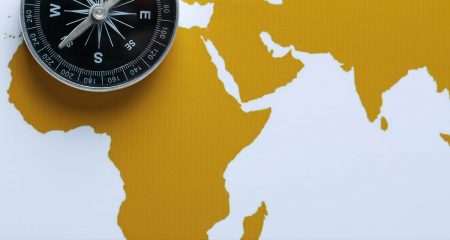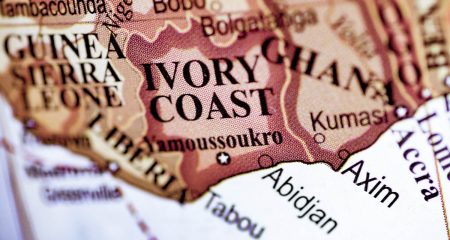
A new subsea broadband cable project, led by Angola, is set to provide a flood of international Internet bandwidth to countries on the west coast of Africa, including South Africa, when it goes live in mid-2018.
The South Atlantic Cable System (Sacs), coupled with the already-under-construction Monet cable – which will link São Paulo in Brazil with Miami in the US next year – promises a faster and lower latency (round-trip time) Internet route to Latin America and the US.
Its backers hope it will transform Angola’s economy, helping it lessen its dependence on oil revenue, and help grow the digital economy in the broader region.
Angola’s five largest telecommunications operators – Angola Telecom, Unitel, MSTelcom, Movicel and Startel – are investors in Angola Cables, the company founded in 2009 that is responsible for building Sacs.
The contract for the cable’s construction has been awarded to NEC of Japan, which is already conducting a marine survey to determine the best route along the ocean floor.
The total cost of the project – including Monet, in which Angola Cables is a consortium investor alongside Google and others, and a new data centre in Fortaleza in north-eastern Brazil – is about US$300m (R4,2bn).
The 6 500km cable will connect Luanda with Fortaleza with a design capacity of 40Tbit/s, making it the highest-capacity cable to connect Africa to date. It will interconnect in Luanda with the existing West Africa Cable System (Wacs), which links South Africa and a host of other African nations to the UK. Monet and Sacs will complement Wacs, which was launched in 2012, Angola Cables said.
Angola Cables CEO António Nunes said this week that the new route will cut latency between South Africa and the US in half. Currently, traffic between the countries is routed through Europe and across cables in the North Atlantic. Lower latencies are important for applications such as real-time stock trading and videogaming.
Nunes said the investment in Sacs and Monet is a crucial component of Angola’s plan to wean itself off its heavy reliance on oil revenues. The collapse in the oil price in the past 18 months has hit Angola and other oil-producing nations, including Nigeria, hard. Angola has identified digital infrastructure and services as key to this plan.
But Nunes believes the new cable will have an impact far beyond Angola. South African telecoms operators, Internet service providers and universities are expected to use the cable system to secure fast, low-latency access to the US, home to the world’s largest base of digital content and Internet services and applications.
The Monet cable, meanwhile, will eventually provide 64Tbit/s of capacity between Latin America and the US. Angola Cables has secured 20Tbit/s of that capacity. It said there are five submarine cables that currently connect Brazil with the US, but all of them, bar one, are at least 10 years old.
- This article was originally published in the Sunday Times of 22 October 2016




